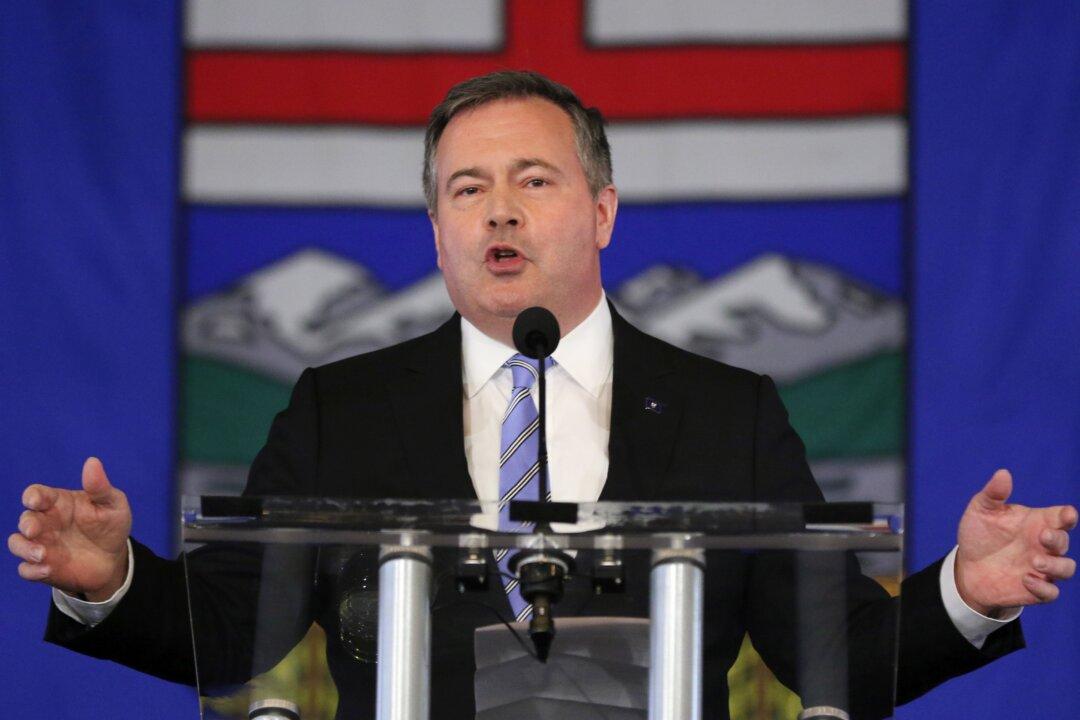With Alberta’s next election in about a year, the United Conservative Party needs a new leader who can beat Rachel Notley’s NDP if it is to retain power after Jason Kenney’s reign.
Kenney resigned May 18 after receiving 51.4 percent support from UCP members in a leadership review, saying it wasn’t a strong enough mandate despite being higher than the constitutional threshold of a majority. He will remain party leader until a replacement is chosen in the sequel to his tumultuous era.





